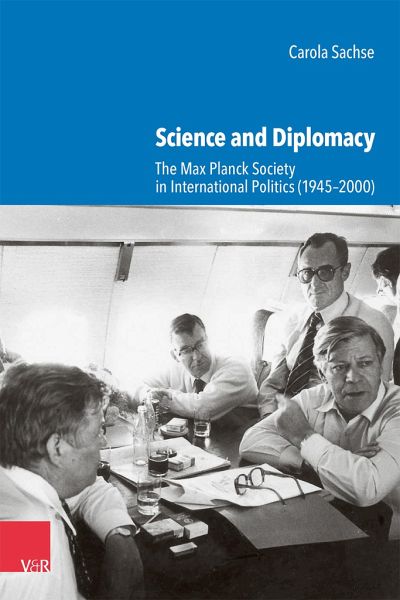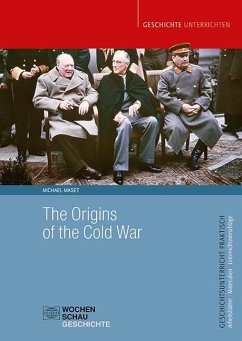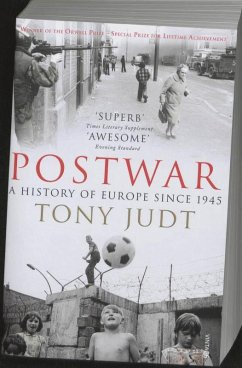
Science and Diplomacy
The Max Planck Society in International Politics (1945-2000)
Versandkostenfrei!
Sofort lieferbar
80,00 €
inkl. MwSt.

PAYBACK Punkte
0 °P sammeln!
Science diplomacy has recently been seen as a beacon of hope in tackling the global challenges of international politics. And the Max Planck Society sees itself today as an actor in German science diplomacy. This was not always the case. During the Cold War, despite all efforts to keep its extensive scientific relations separate from the political sphere, the MPG was unable to escape realpolitik. This study explores how the MPG positioned itself in this field, both when it cooperated with the foreign policy of the Federal Republic as well as when it distanced itself from it, and how it combine...
Science diplomacy has recently been seen as a beacon of hope in tackling the global challenges of international politics. And the Max Planck Society sees itself today as an actor in German science diplomacy. This was not always the case. During the Cold War, despite all efforts to keep its extensive scientific relations separate from the political sphere, the MPG was unable to escape realpolitik. This study explores how the MPG positioned itself in this field, both when it cooperated with the foreign policy of the Federal Republic as well as when it distanced itself from it, and how it combined its roles as a national, European and global science policy actor.












